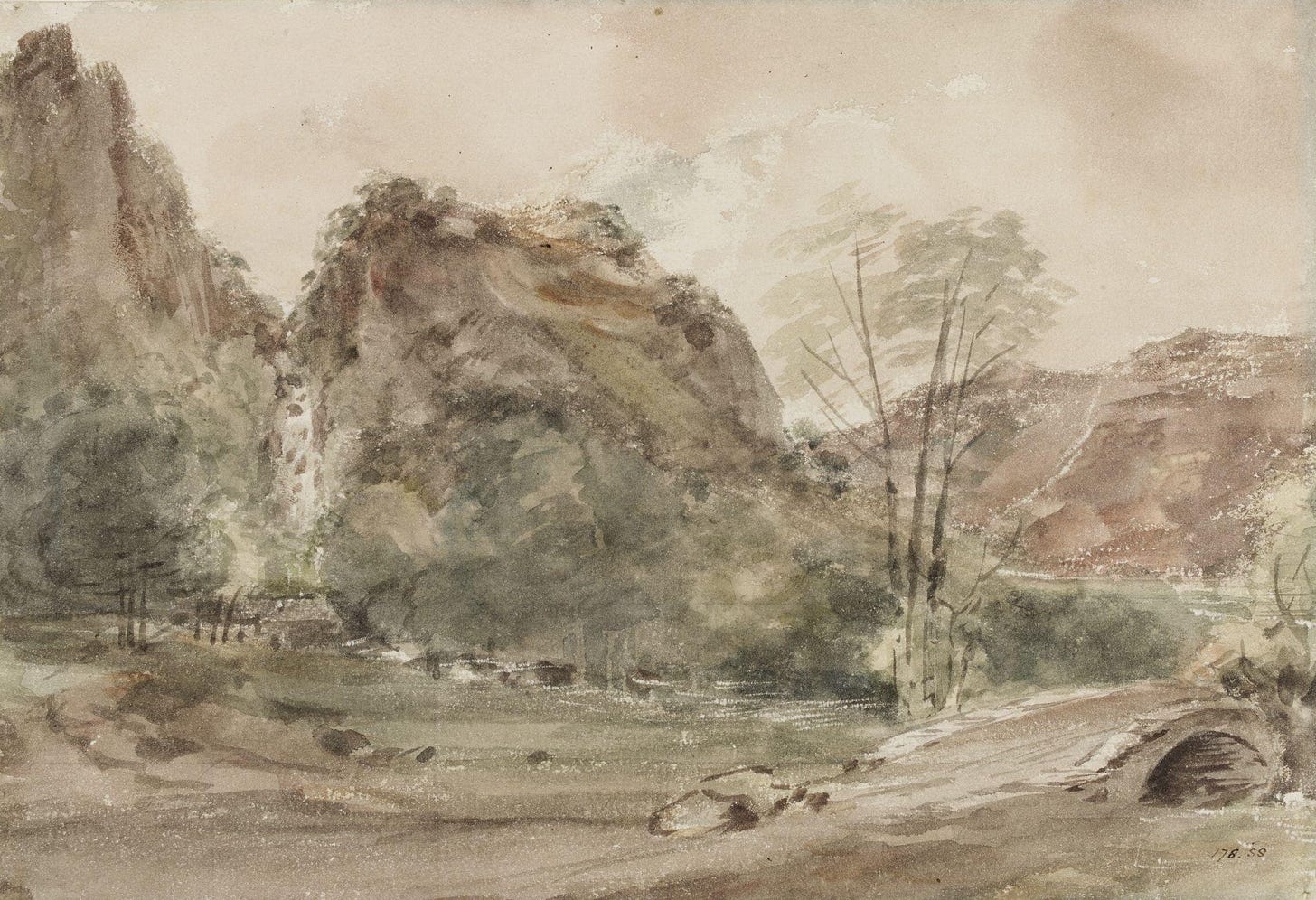News
• In our first six months, Poems Ancient and Modern has gained thousands of subscribers and followers. And in celebration of our first half year, we’re offering a limited-time special rate of half off, to encourage free subscribers to upgrade to paid subscriptions. Won’t you join us? Just $30 a year for poems five days a week.
• Among the material exclusively for paid subscribers will be one of our five weekly postings, available as a bonus for those who’ve supported us with a subscription. Beginning in September, that will be these lighter and whimsical poems that we feature on Wednesdays.

Keep reading with a 7-day free trial
Subscribe to Poems Ancient and Modern to keep reading this post and get 7 days of free access to the full post archives.



